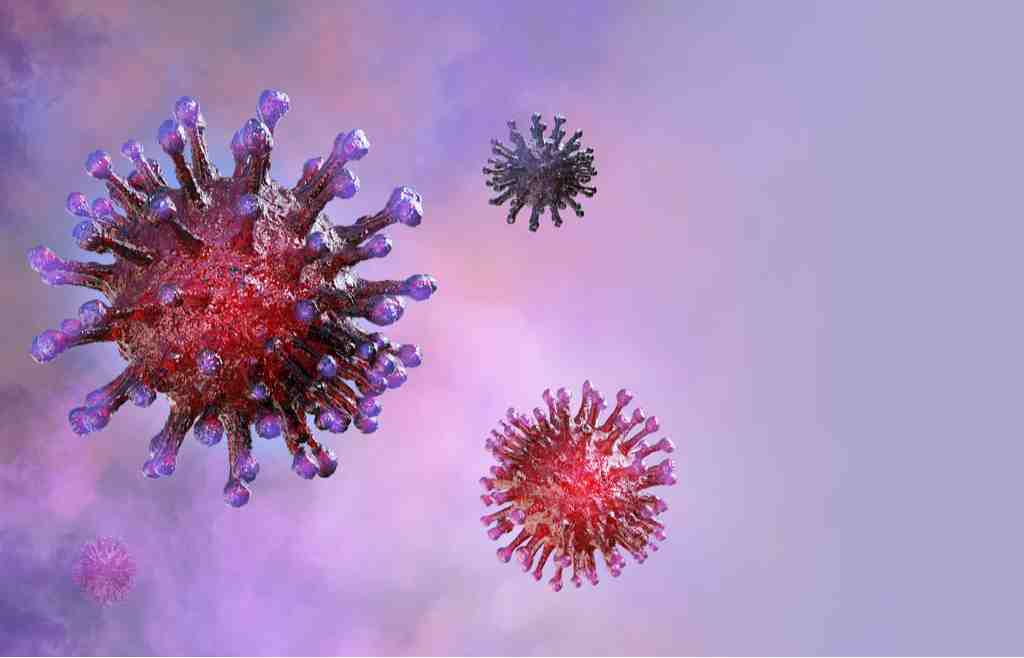The National Institute of Allergy and Infectious Diseases (NIAID) today announced the award of 11 grants totaling an initial $17 million to establish a global network of investigations into wildlife-transmitted viruses and pathogens. Part of the National Institutes of Health (NIH), NIAD will establish the Centers for Research in Emerging Infectious Diseases (CREID), which would receive $82 million over five years to fund multidisciplinary investigations and research projects.
“The impact of the COVID-19COVID-19 \ ˈkō-vid-nīn-ˈtēn : a mild to severe respiratory illness that is caused by a coronavirus (Severe acute respiratory syndrome coronavirus 2 of the genus Betacoronavirus), is transmitted chiefly by contact with infectious material (such as respiratory droplets), and is characterized especially by fever, cough, and shortness of breath and may progress to pneumonia and respiratory failure. pandemicpandemic (pan·dem·ic) : an outbreak of a disease that occurs over a wide geographic area and affects an exceptionally high proportion of the population : a pandemic outbreak of a disease. serves as a potent reminder of the devastation that can be wrought when a new virusvirus vi·rus | \ ˈvī-rəs : a disease-causing agent that is too tiny to be seen by the ordinary microscope, that may be a living organism or may be a very special kind of protein molecule, and that can only multiply when inside the cell of an organism infects humans for the first time,” said NIAID Director Anthony S. Fauci. “The CREID network will enable early warnings of emerging diseases wherever they occur, which will be critical to rapid responses. The knowledge gained through this research will increase our preparedness for future outbreaks.”
Each Center in the network will focus efforts on one or more regions of the world and involve collaborations with peer institutions in the United States and 28 other countries. The NIH provides over $41 billion in funding biomedical research every year. See the NIAID announcement and list of CREID Coordinating Centers at link.
The projects aim to improve detection and identify previously unknown causes of “febrile illnesses” in humans, the medical term for elevated body temperature (or a fever), which is the body’s natural reaction to invasion by an infectious disease or pathogen. Research projects also will include surveillance studies to find the animal sources of viral or other disease-causing pathogens; and determine what genetic or other changes make these pathogens capable of infecting humans, according to the announcement.
10 CREID Coordinating Centers have been named. RTI International in Research Triangle Park, North Carolina, in collaboration with Duke University, Durham, will fund a CREID Coordinating Center supporting network-wide activities such as data management, outbreakoutbreak out·break | \ ˈau̇t-ˌbrāk : a sudden, rapid rise in the incidence of a disease research response and quality control for biospecimens, assays and reagents.
For information on recommendations to improve immunity against infectious diseases, visit Good Medicine Choice Network blog articles: “Study: Can Vitamin D Fight COVID-19 Illness?” and “Large doses of Vitamin C may Reduce Body’s Stress Response, Improve-Immunity.”
NIH Halts Clinical Trials of Hydroxychloroquine
This week, NIH also halted all clinical trials of hydroxychloroquinehydroxychloroquine hy·droxy·chlor·o·quine | \ -ˈklōr-ə-ˌkwēn, -kwin : a drug derived from quinoline that is administered orally in the form of its sulfate C18H26ClN3O·H2SO4 to treat malaria, rheumatoid arthritis, and lupus erythematosus (HCQ) after studies demonstrated it 
The blinded, placebo-controlled clinical trial aimed to enroll more than 500 hospitalized COVID-19 and those who were anticipated to require hospitalization. The data from this study indicated that the drug did not cause harm but provided no additional benefit compared to placebo control for the treatment of hospitalized COVID-19 patients.
Vanderbilt is part of the Prevention and Early Treatment of Acute Lung Injury (PETAL) Clinical Trials Network. PETAL was established this year by the National Heart, Lung, and Blood Institute (NHLBI) to conduct research to prevent or treat Acute Respiratory Distress Syndrome (ARDS), including SARS-CoV-2SARS-CoV-2 ˈsärz-kō-ˈvē-ˈtü : the coronavirus (Severe acute respiratory syndrome coronavirus 2 of the genus Betacoronavirus) that is the causative agent of COVID-19, the coronaviruscoronavirus co·ro·na·vi·rus : any of a family (Coronaviridae) of single-stranded RNA viruses that have a lipid envelope studded with club-shaped projections, infect birds and many mammals including humans, and include the causative agents of MERS, SARS, and COVID-19.


No comments yet. Be the first one to leave a thought.